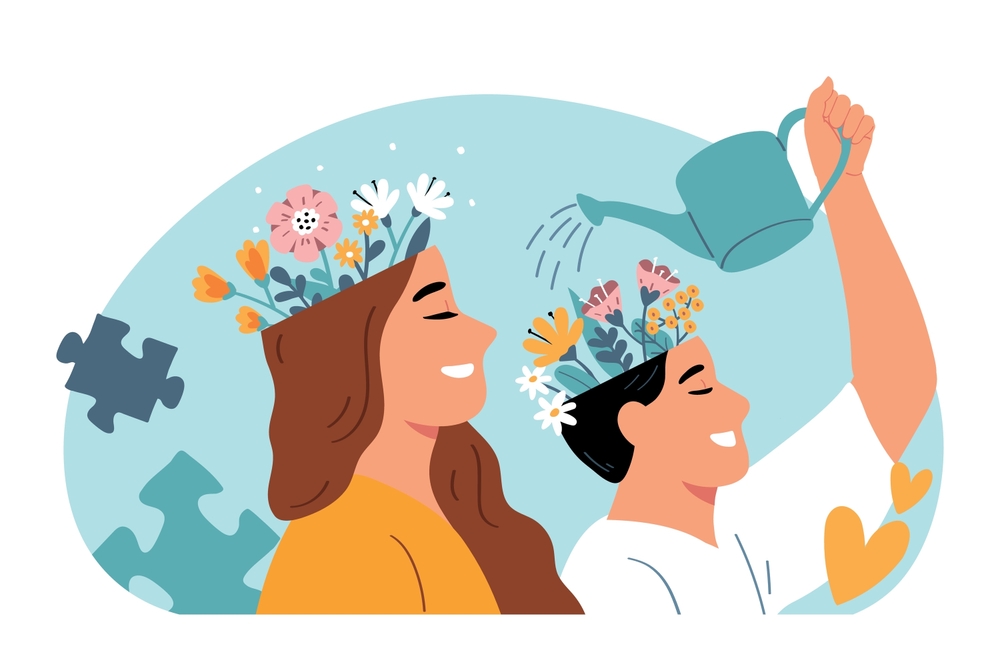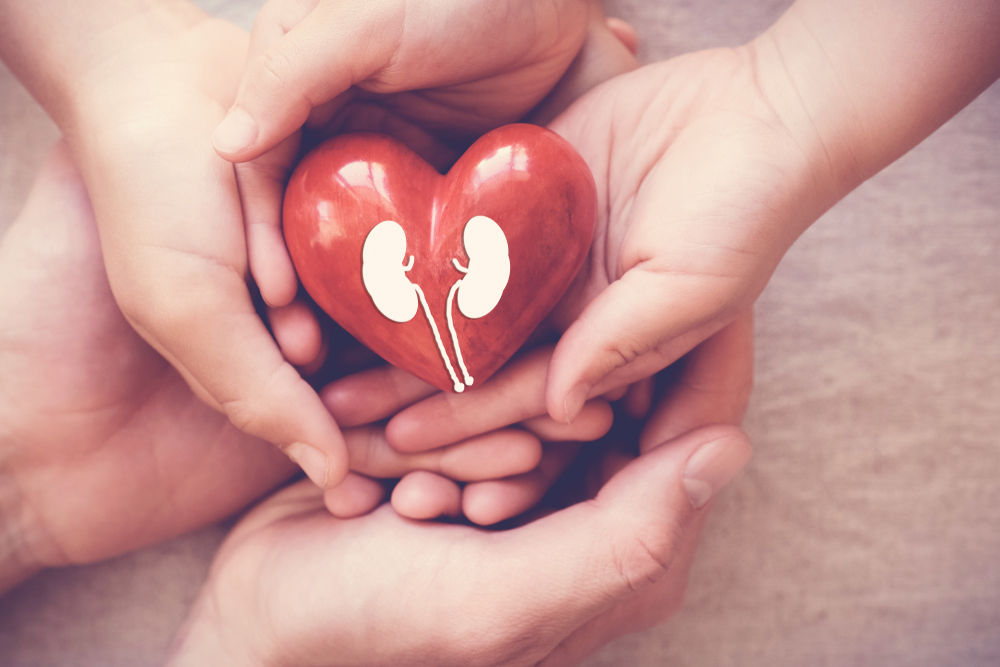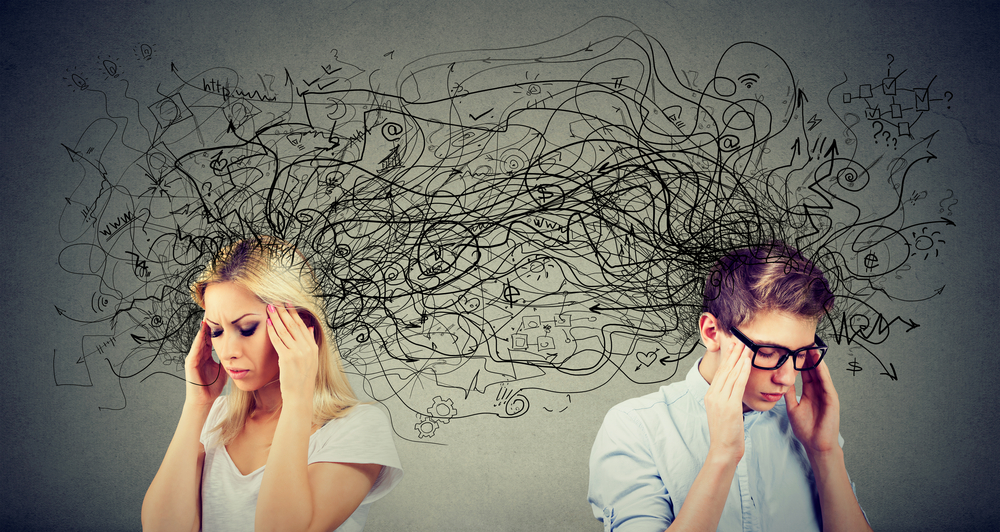 Brand Mentions + PR – Rank Higher. Get Talked About!
Brand Mentions + PR – Rank Higher. Get Talked About!
Innovative Therapies for Depression: From Traditional Methods to Emerging Treatments
Written by Jessica Oliver » Updated on: April 02nd, 2025

Introduction
Depression, especially major depressive disorder (MDD), is a complex mental health condition. It manifests as persistent sadness, fatigue, changes in sleep and appetite, and difficulty concentrating, significantly impairing daily functioning and overall quality of life. As the World Health Organization (WHO) identifies depression as a leading cause of disability, effective treatments are essential.
This article explores therapies for depression, focusing on established methods, fast-acting medications, and innovative advancements shaping the future of mental health care.
What is Major Depressive Disorder (MDD)?
Major depressive disorder (MDD) is a severe mental health condition distinguished by its intensity and duration. It goes beyond temporary sadness, lasting for weeks or months, and often requires medical intervention.
Key Symptoms of MDD:
- Persistent feelings of sadness or emptiness
- Loss of interest in previously enjoyable activities
- Significant changes in appetite and sleep patterns
- Difficulty concentrating or making decisions
- Feelings of worthlessness or excessive guilt
The need for diverse therapies for depression stems from the fact that not all individuals respond to conventional treatments, necessitating innovative approaches to manage the condition effectively.
Advances in Treatment for Major Depressive Disorder
Traditional treatments, such as psychotherapy and antidepressant medications, remain the cornerstone of managing depression. However, recent decades have witnessed significant advancements in therapies for depression, enhancing efficacy and expanding options for patients.
How do you know if you have Treatment-resistant Depression?
Treatment-resistant depression (TRD) refers to depressive symptoms that persist despite undergoing multiple treatment regimens. It is often diagnosed when at least two different antidepressant therapies fail to yield adequate results.
Signs of TRD
- Minimal improvement after trying various antidepressants
- Persistent symptoms despite psychotherapy
- Difficulty functioning in daily life
TRD highlights the importance of exploring advanced therapies for depression, including neuromodulation and regenerative techniques.
What are Fast-acting Medications for Depression?
Traditional antidepressants, like SSRIs (Selective Serotonin-Reuptake Inhibitors), often take several weeks to produce noticeable effects. Fast-acting medications aim to bridge this gap by offering rapid symptom relief, particularly for those at high risk, such as individuals with suicidal ideation.
Ketamine and Esketamine
Ketamine, administered intravenously, and its derivative, esketamine (delivered as a nasal spray), have emerged as breakthrough treatments. By targeting glutamate receptors, they modulate brain activity, leading to rapid alleviation of depressive symptoms.
Brexanolone
Approved for postpartum depression, brexanolone restores neurosteroid balance in the brain, offering fast-acting relief to new mothers battling severe depressive episodes.
These innovations underscore the evolving landscape of therapies for depression, particularly for patients requiring immediate intervention.
Novel and Emerging Treatments for Major Depression
Emerging treatments are reshaping the understanding and management of MDD. These innovative approaches leverage novel mechanisms and technologies to address unmet needs in depression care.
Psychedelic-Assisted Therapy
Compounds like psilocybin are gaining attention for their potential to reset neural pathways. When used alongside guided psychotherapy, these substances can produce sustained symptom remission.
Neuromodulation Techniques
Transcranial Magnetic Stimulation (TMS): A non-invasive method that uses magnetic pulses to stimulate specific brain areas, improving mood regulation.
Deep Brain Stimulation (DBS): Involves implanting electrodes to normalize brain activity in treatment-resistant cases.
Gene-Based Approaches
Genomic advancements are paving the way for personalized medicine, enabling tailored treatments based on an individual’s genetic makeup.
Regenerative Therapies: A New Horizon
Regenerative medicine represents a groundbreaking approach to treating MDD by addressing the root causes of neural dysfunction.
Stem Cell Therapy
Though still experimental, stem cell therapy holds promise in repairing damaged neural networks and enhancing resilience against depressive symptoms.
Neurogenesis-Promoting Therapies
Stimulating the growth of new neurons through targeted interventions, such as brain-derived neurotrophic factor (BDNF) enhancers, offers hope for sustainable recovery.
These cutting-edge therapies for depression demonstrate the potential to revolutionize mental health care.
Established High-Intensity Interventions
High-intensity interventions are generally reserved for severe cases of depression or instances where traditional methods have failed.
Electroconvulsive Therapy (ECT)
ECT involves inducing controlled seizures to reset brain activity. Despite misconceptions surrounding its side effects, ECT remains a highly effective option for patients with severe or treatment-resistant depression.
Cognitive Behavioral Therapy (CBT)
As one of the most researched psychotherapies, CBT empowers patients with depression to challenge negative thought patterns, often used in combination with medication for enhanced outcomes.
Established Low-Intensity Interventions and Their Features
Low-intensity interventions are ideal for patients with mild to moderate depressive symptoms.
Guided Self-Help and Digital Therapies
Online programs and apps based on CBT principles allow individuals to manage their symptoms independently, making therapy more accessible.
Lifestyle Interventions
- Exercise: Regular physical activity can enhance mood by boosting endorphins.
- Mindfulness Practices: Mindfulness techniques, such as meditation, aid in reducing stress and enhancing emotional regulation.
- Nutrition: A balanced diet rich in omega-3 fatty acids and antioxidants supports brain health.
These approaches complement other therapies for depression and promote holistic well-being.
Advances in Depression Treatment: FAQs
Q1: What are the newest treatments for depression?
A: Psychedelic-assisted therapy, ketamine, and esketamine are among the most recent advancements in therapies for depression, offering hope to individuals with treatment-resistant symptoms.
Q2: Can depression be fully cured?
A: While depression may not always be completely cured, modern treatments aim for long-lasting remission and improved quality of life.
Q3: Are regenerative therapies safe?
A: Regenerative therapies like stem cell treatments are still under investigation. While promising, their long-term safety and efficacy require further research.
Q4: How effective are digital self-help tools for depression?
A: Digital tools provide accessible support, particularly for mild cases, and can supplement traditional therapies.
Q5: How does lifestyle influence the management of depression?
A: Lifestyle interventions, such as exercise and mindfulness, play a critical role in managing symptoms and improving overall mental health.
Conclusion
The landscape of therapies for depression has expanded significantly, incorporating both traditional approaches and cutting-edge innovations. From fast-acting medications like ketamine to regenerative therapies and digital tools, these advancements offer new hope for individuals struggling with depression. Continued research and integration of emerging treatments with established methods will undoubtedly redefine how we address this pervasive mental health challenge.
Note: IndiBlogHub features both user-submitted and editorial content. We do not verify third-party contributions. Read our Disclaimer and Privacy Policyfor details.
Copyright © 2019-2025 IndiBlogHub.com. All rights reserved. Hosted on DigitalOcean for fast, reliable performance.













